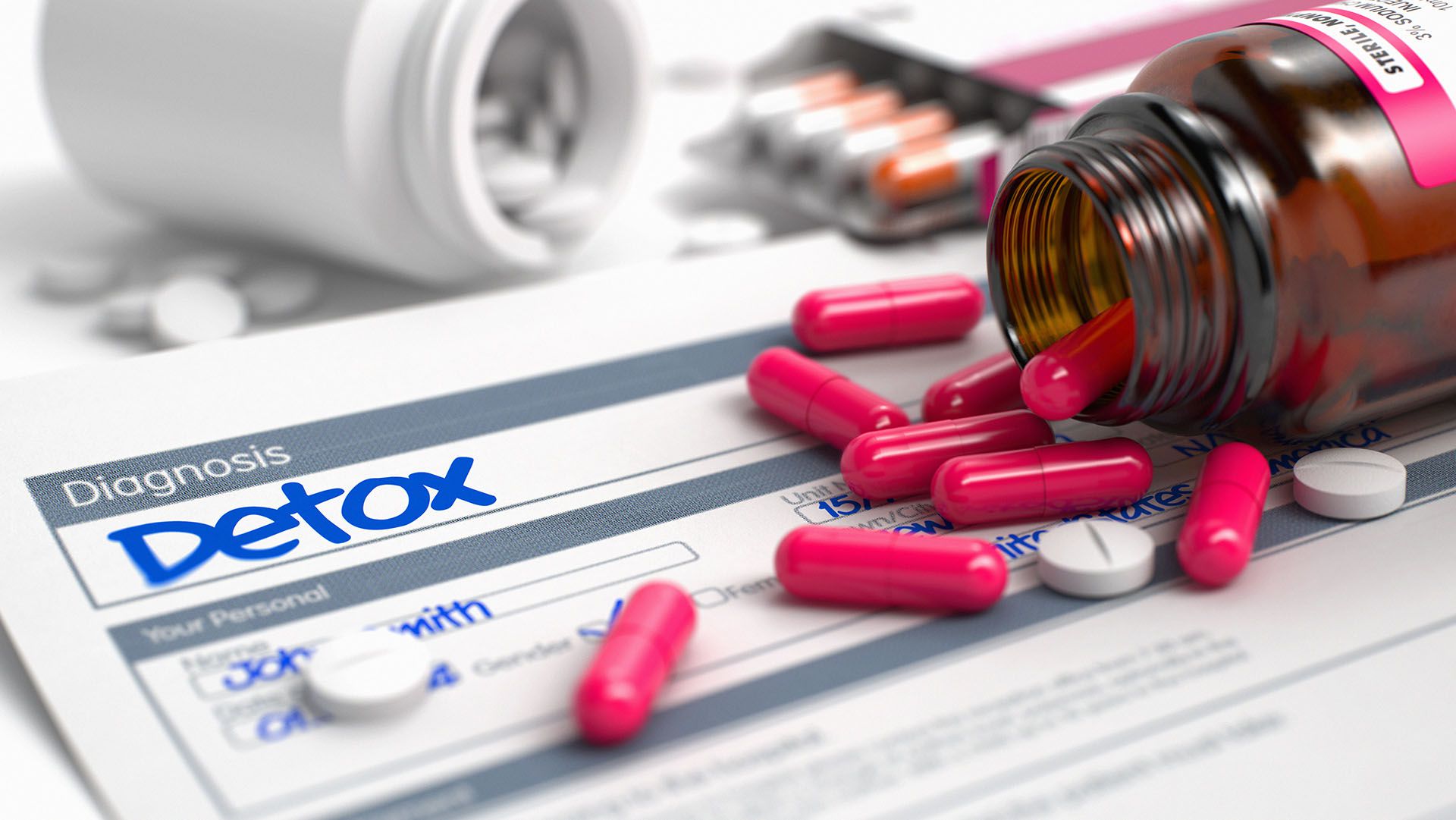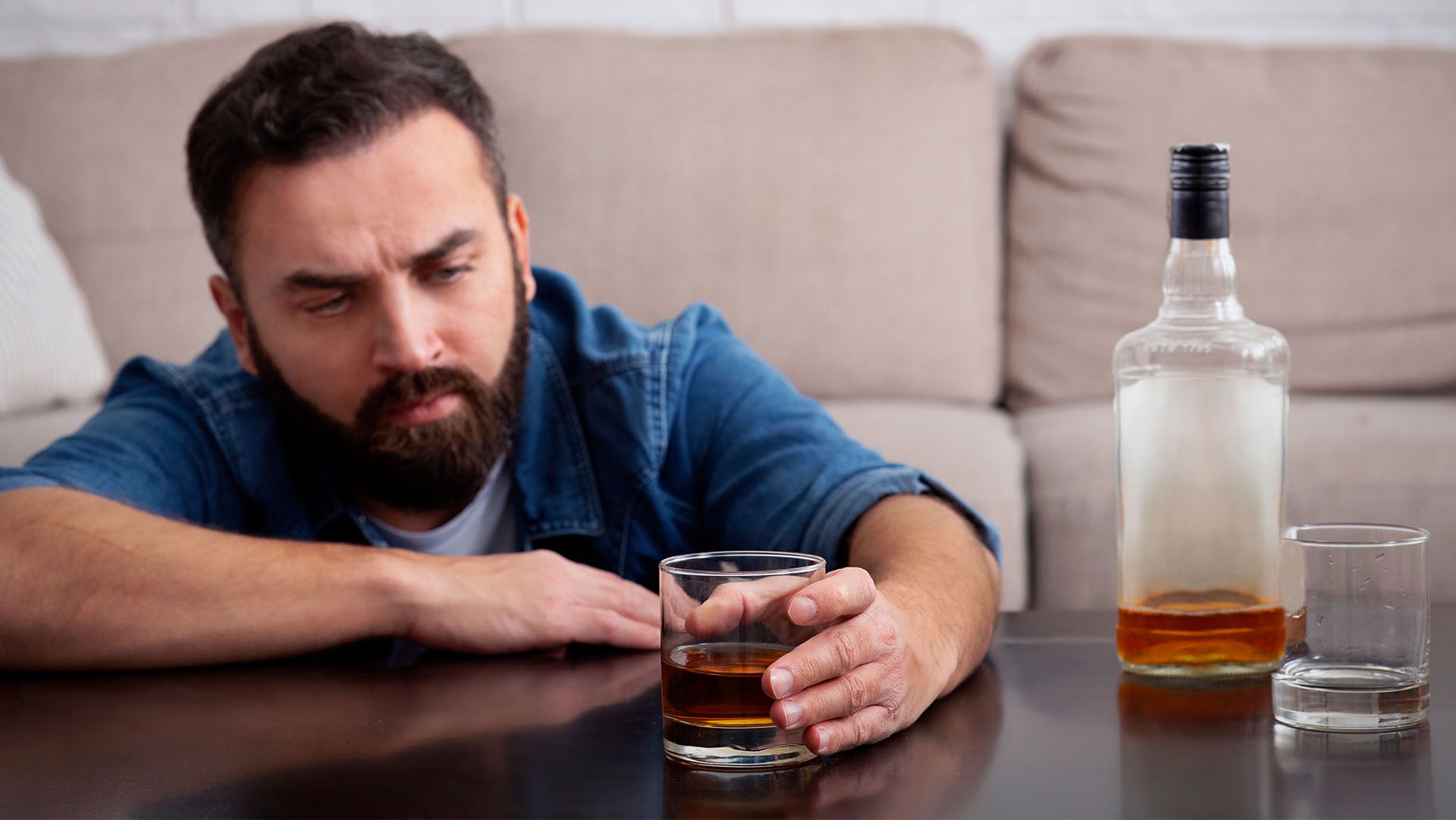What are Drug & Alcohol Detox Facilities
No one wants to waste endless months of their life in rehab, and many addicts are so protective of their time and resources that they’re not even willing to go to a 12-step meeting. Detox, though, is the necessary and first step on the recovery journey. Detox facilities help you flush the poisons of drugs and alcohol from your body, clearing your mind and freeing you up to begin the hard work of recovery. On their own, detox facilities can’t and won’t treat the disease of addiction, but they can help you make those first steps toward the life you deserve.
What is Detox?
When you use drugs and alcohol for an extended period of time, your body begins to behave as if you need these substances not only to feel normal, but to survive. It is this chemical dependency that keeps many addicts going back to drugs and alcohol even when these substances have wrought untold suffering in their lives. Just a few hours without alcohol or drugs can spark unbearable withdrawal symptoms, some of which can even turn fatal.
Detox is the process by which your body slowly and steadily flushes out drugs and alcohol. Though it’s unpleasant, it’s the only way to get sober. The symptoms of detox you can expect to experience depend on the drug you use, how long you have used, your age, overall health, and similar factors. People in poor health typically struggle more in detox, but even that is not an absolute. Talk to your doctor before beginning the detox process. In general, you can expect to experience some of the following symptoms:
- Intense cravings for drugs
- Difficulty sleeping
- Changes in your eating habits, such as loss of appetite
- Changes in mood, such as depression, anxiety, anger, or aggression
- Difficulty focusing
- Sweating
- Cold chills
- Muscle aches
- Headaches
- Hallucinations or delusions
- Gastrointestinal distress such as nausea, vomiting, and diarrhea
- Thoughts of suicide and feelings of hopelessness; you may mistakenly believe that drugs were the only reason you were happy.
- Shaking hands
- Rarely, seizures
- More serious symptoms, such as dehydration or heart palpitations; these symptoms demand medical intervention.
What Happens in Detox?
Detox is a relatively short process, usually taking only a few days, but never taking longer than two weeks—unless, of course, you begin using again in detox. Every detox facility is different, so it’s important to choose a place that is skilled at dealing with your specific addiction. Generally speaking, you can expect the following in detox:
- Palliative care: Your medical team can offer you treatment to reduce your symptoms. If you have a severe headache, for instance, your doctor might prescribe Ibuprofen or another non-addictive pain reliever.
- Preventative care: Your detox team will assess your health at the outset, and may take steps to reduce the health effects detox has, such as ensuring you get enough fluids.
- Emergency care: If you suffer serious detox symptoms—rare in a facility where there’s proper medical care—your treatment team will rapidly intervene to help you.
- Emotional support: Your treatment team will offer you emotional support, and may instruct you on the basics of sober living.
In the past, detox facilities often gave addicts additional drugs, or encouraged them to gradually taper down their dosage. For instance, some heroin addicts took methadone. And in some cases, detox facilities even sedated addicts to help them make it through the detox process without experiencing the misery of intense cravings. But research is increasingly pointing to a number of risks associated with these approaches, so fewer detox facilities are using drugs or sedated detox. If the facility you use offers these options, ask whether and why you are an appropriate candidate, and be sure to ask for safety data.
Choosing Detox Facilities
Detox is a challenging and highly personal experience, which means that you deserve to detox only at a facility where you feel safe and respected. Good facilities are happy, and even eager, to answer your questions, since it gives them a chance to talk about the good work they do. If the facility you’ve chosen won’t answer your questions, then, it’s time to consider a second option. Before signing up for detox, be sure to ask at least the following:
- Do you have medical staff on site?
- What specific protocols do you use to detox?
- Do you have training or experience working with addicts who struggle with my specific addiction?
- Can you help me manage my other medications?
- What treatment do you recommend after I leave detox?
- What sort of social or emotional support do you offer?
- What is your success rate?
- Do you use evidence-based detox strategies?
- What is the specific cost of the program? Does that cost change if I stay longer?
- How long will detox take?
- Is there anything I can do to expedite the detox process, or to increase the odds that it will be successful?
- Can I speak to references?
- Will I live at the facility? If not, what should I do during the day?
- Can my family visit me while I am in detox?
Signs You Need Detox
It’s not easy to accept that addiction has robbed you of control of your own life, so it’s understandable that, for most addicts, addiction comes with a hefty dose of denial. Even if you know you’re an addict, you might be tempted to go it alone. After all, pursuing detox often means telling your family, friends, and other loved ones about your addiction. But there’s nothing to be ashamed of. Addiction is a disease, not something you chose.
If you’re unsure whether you’re a good candidate for detox, here are some common symptoms that you have a chemical dependency with which detox can help:
- You use drugs every day.
- When you can’t use drugs, you suffer intense cravings or unpleasant physical side effects.
- You’ve done things you regret to get drugs.
- You use drugs to cope with mental illness, a history of trauma, or chronic pain.
- You have relapsed before.
- You’ve tried and failed to quit without detox.
- Addiction runs in your family.
- You’re addicted to prescription drugs, heroin, or alcohol; withdrawing from these drugs is notoriously challenging, and potentially dangerous.
- Others have expressed concern about your use of drugs.
Will Detox Cure Addiction?
Detox is a necessary step on the road to recovering from addiction but it is not, on its own, sufficient to get you to sobriety. Instead, all detox does is flush drugs from your body, giving you a clean slate upon which to build a new life. It’s up to you what you do with that clean slate. Research, though, has consistently shown that detox alone will not improve your chances of getting sober. Detox is instead like a reset button. If you hit reset, but don’t do anything differently, you’ll relapse before you know it.
Because addiction is a chronic and progressive illness, you’ll need an array of skills to cope with its challenges. Inpatient rehab, 12-step programs, counseling, and a host of other programs can help you and should be investigated.
Contact Addiction Rehab Centres Canada today!
Further Reading:
Medical Detox Program
Drug Detox
Alcohol Detox
Understanding the Detox Process at a Drug Detox Center
Detox Center in Ontario
NIH: Medical Detoxification
Wikipedia: Drug Detoxification







